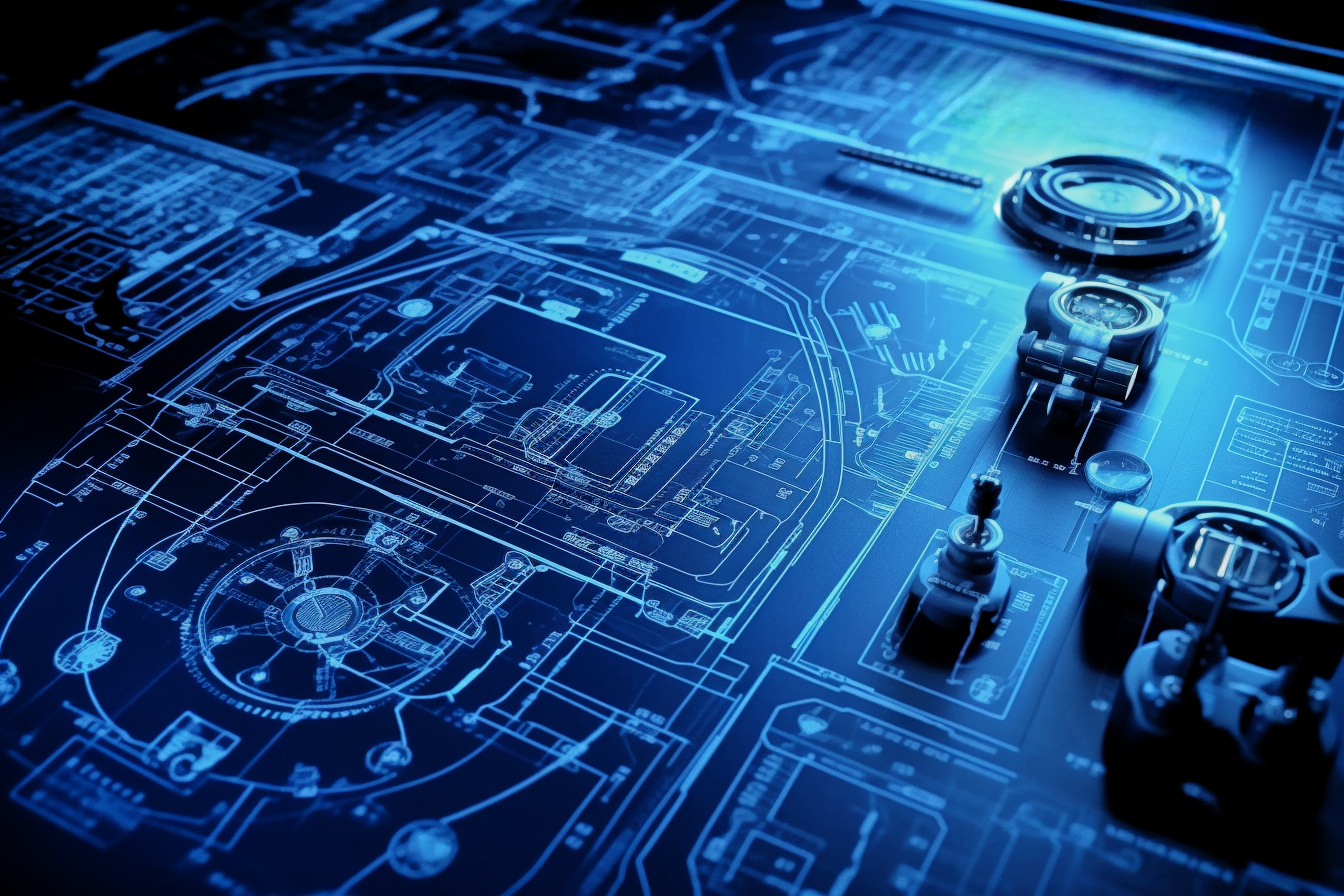Productivity forms the cornerstone of both professional and personal success. It symbolizes the ability to accomplish tasks efficiently and effectively. However, the journey to high productivity often seems complex and elusive. In this maze of productivity, two elements stand out for their crucial role – Focus and Self-Discipline. But what are these concepts? How do they influence our ability to be productive? This comprehensive article aims to define and detail these pivotal elements, elucidating their significance in our quest for improved productivity.
Understanding Focus
Focus pertains to our cognitive ability to concentrate on a task or a thought while filtering out irrelevant distractions. The human brain works like a powerful spotlight, concentrating its energy on a single point while dimming the peripheral areas. Scientists classify focus into two main types – selective attention (focusing on one task amidst multiple stimuli) and sustained attention (maintaining concentration over prolonged periods).
Why is Focus Important in Productivity?
Focus catalyzes productivity. It enables us to complete tasks efficiently, with minimal errors and maximum output. On the contrary, the constant barrage of distractions in our daily lives significantly impairs productivity. A study from the University of California found that it takes an average of 23 minutes to regain focus once interrupted. Such findings reinforce the vital role of focus in productivity, emphasizing the need for strategies to enhance it.
Strategies to Enhance Focus
Creating an environment conducive to concentration forms the first step in enhancing focus. This involves identifying and minimizing potential distractions, whether physical (like noise) or digital (like notifications).
Productivity tools and apps, with their time-tracking features and to-do lists, also prove instrumental in maintaining focus. However, maintaining a balance is critical. Frequent breaks and relaxation, paradoxically, contribute to sustained focus, preventing cognitive fatigue.
Furthermore, mental exercises like meditation and mindfulness strengthen our ability to focus. These practices train our brain to maintain attention, contributing significantly to productivity.
Understanding Self-Discipline
Self-discipline is our ability to control impulses, resist distractions, and persist in achieving our goals. It relates closely to willpower and self-control but emphasizes long-term goals over instant gratification. In essence, self-discipline involves making decisions that align with our future aspirations, even when they conflict with our current desires.
Why is Self-Discipline Crucial for Productivity?
Self-discipline forms the bedrock of consistent work and productivity. It allows us to follow through on tasks until completion, even without immediate rewards. A hallmark of self-discipline is overcoming procrastination and laziness, two common productivity killers.
A study by psychologist Angela Duckworth found that individuals demonstrating high levels of self-discipline outperformed their peers in various measures of success. This serves as a testament to the powerful impact of self-discipline on productivity.
Techniques to Build Self-Discipline
Building self-discipline involves setting and achieving small goals, forming a positive cycle of achievement and motivation. Developing routines and habits also play a vital role in enhancing self-discipline. Once habits form, tasks require less conscious effort, making it easier to maintain productivity.
Positive reinforcement and rewards can further cement self-discipline. Small rewards for achieving tasks can motivate us to maintain discipline, especially during challenging times. Just as with focus, mental exercises, such as delayed gratification and self-affirmations, help strengthen our self-discipline.
The Synergy of Focus and Self-Discipline in Productivity
Focus and self-discipline form an unbeatable duo in the realm of productivity. While a guide helps us concentrate on tasks, self-discipline ensures we stay on track, even in the face of distractions or difficulties. Their integrated role in effective time management is undeniable. Imagine a scenario where a professional needs to complete a complex project. The focus will help them delve deep into the task, while self-discipline ensures they adhere to their timeline, ignoring procrastination temptations.
Common Challenges and How to Overcome Them
Despite understanding the importance of focus and self-discipline, maintaining them can prove challenging. Distractions, lack of motivation, and mental fatigue often pose significant hurdles. However, these challenges can be effectively mitigated with practical solutions such as setting realistic goals, maintaining healthy lifestyle habits, and using productivity tools. Sometimes, seeking professional help like coaches or therapists may be beneficial.
Conclusion
In summary, focus and self-discipline lie at the heart of productivity. Focus illuminates the path to practical task completion, while self-discipline ensures we stay on that path, regardless of obstacles. Building and maintaining these skills demands practice and patience. Just like any other skill, they strengthen with consistent effort. So, begin your journey to enhanced productivity today. Incorporate the strategies discussed above, and transform your professional and personal life. Remember, the keys to elevated productivity reside in your ability to focus and maintain self-discipline.
References and Further Reading
To delve deeper into these concepts and broaden your understanding of productivity, consider the following resources:
- “Deep Work” by Cal Newport
- “The Willpower Instinct” by Kelly McGonigal
- “Getting Things Done” by David Allen
- “Atomic Habits” by James Clear
Empower your productivity journey with these insightful books, and remember, productivity is not a destination but a continuous journey of improvement.

